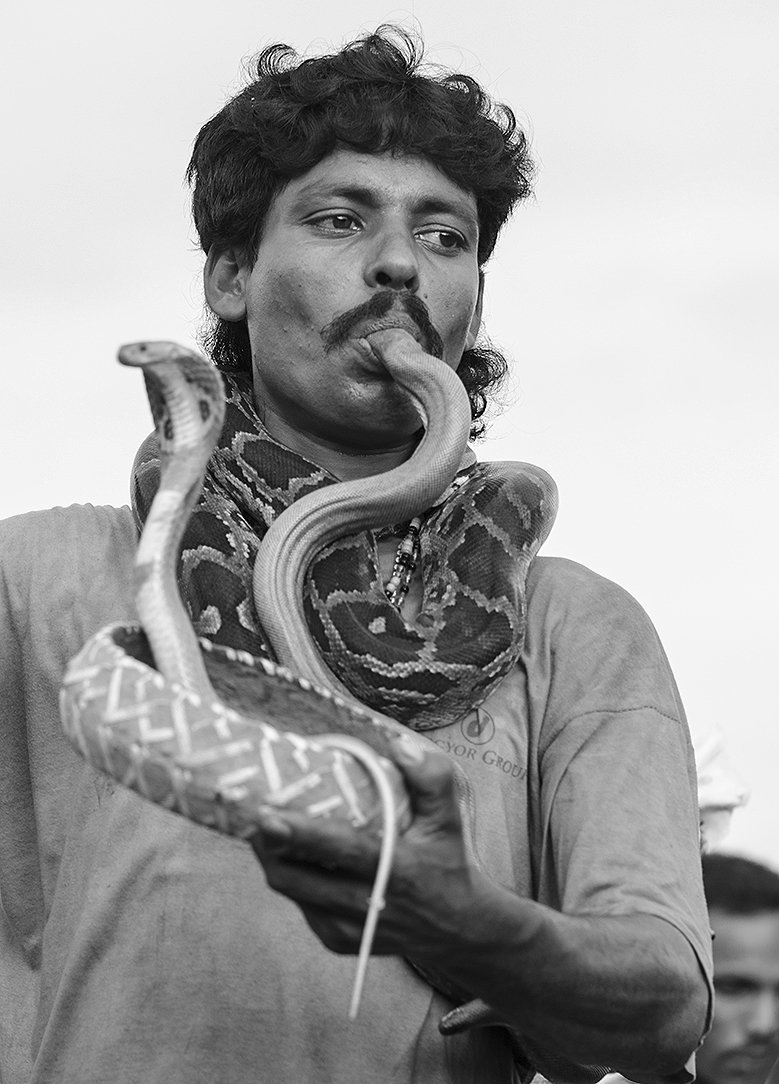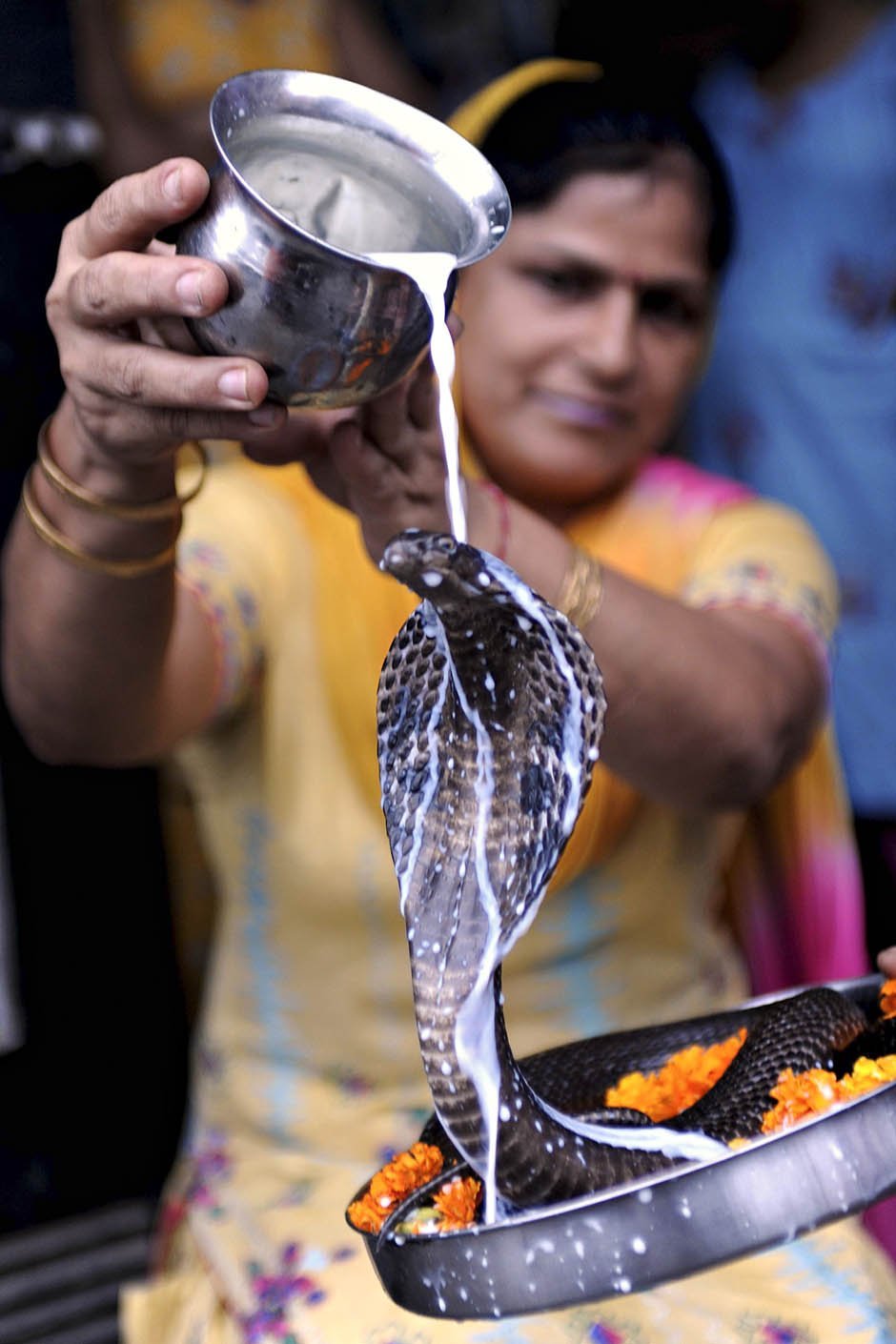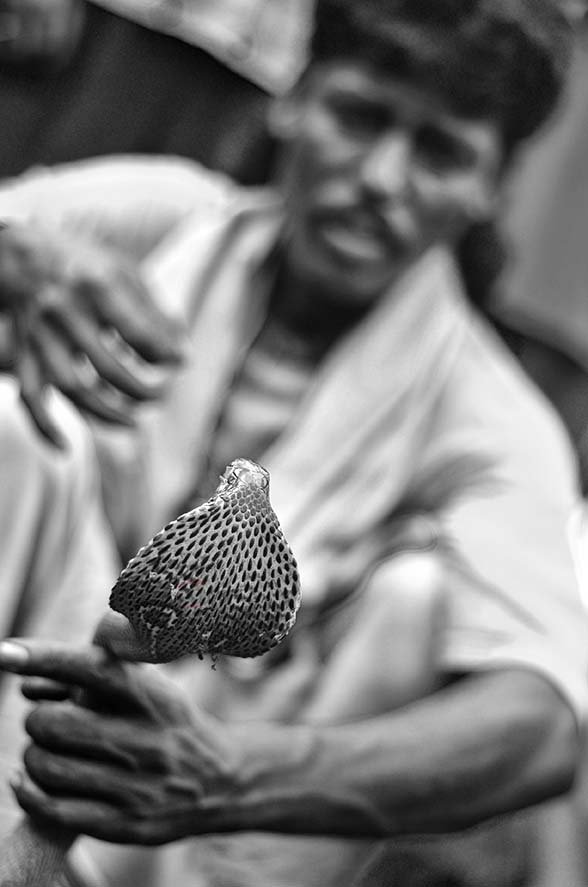India is a land of many customs, traditions and, well, superstitions. Faith is more important than facts to most of us. However, following traditions blindly in the name of faith puts a question mark on the such festivals, especially if they have something to do with ill-treating a living being.
One such festival is Nag Panchami that falls on the fifth day of moonlit-fortnight in Shravan month of Hindu calendar. The festival involves worshipping the snake as god to supposedly negate bad karma. Devotees sprinkle vermillion in snake’s eyes and perform tricks with it. However, in the veil of worshipping the snake, are we not torturing them instead?
Is sprinkling vermillion and feeding milk to please the snake god fair?
Bishnupur, a small town in West Bengal is popular for a festival called Jhapan. On the day of Nag Panchami, Mansasa Devi – the serpent deity – is worshipped and a group of snake-charmers exhibit tricks and feats with venomous snakes including rat snakes, cobra, vipers and pythons.

In Battis Shirala village of Sangli district in Maharashtra, processions are carried out with venomous snakes on display. Devotees bathe the snake with milk and water and sprinkle vermillion and turmeric on them. The festival was banned by the high court last year.
In Rajasthan, snakes are offered milk on Nag Panchami hoping that it will negate the ill-effects of Kal-Sarp dosha in their kundali. There are many legends related to the festival and thousands flock to the temples to pay tribute to the snake god.

In the name of worship, are we actually tormenting them?
Not just this, the animal is starved for days before the festival as a result of which it drinks the milk instantly when offered by the devotees.Their body’s inability to digest lactose present in the milk causes dehydration and allergic reaction leading to death.
So, should we let this ancient tradition die?
The 1972 Wildlife Protection Act deems it illegal to hunt, capture or the kill snakes. The ban on trade is welcomed but lack of alternative profession has left snake charmers struggling for livelihood.The current government’s intention to amend laws in order to make space for the tradition and allow hunting of snakes is met with a wide protest opposing the abuse of animals for human amusement.That said, putting the blame squarely on government for destroying wildlife would be naive.


















